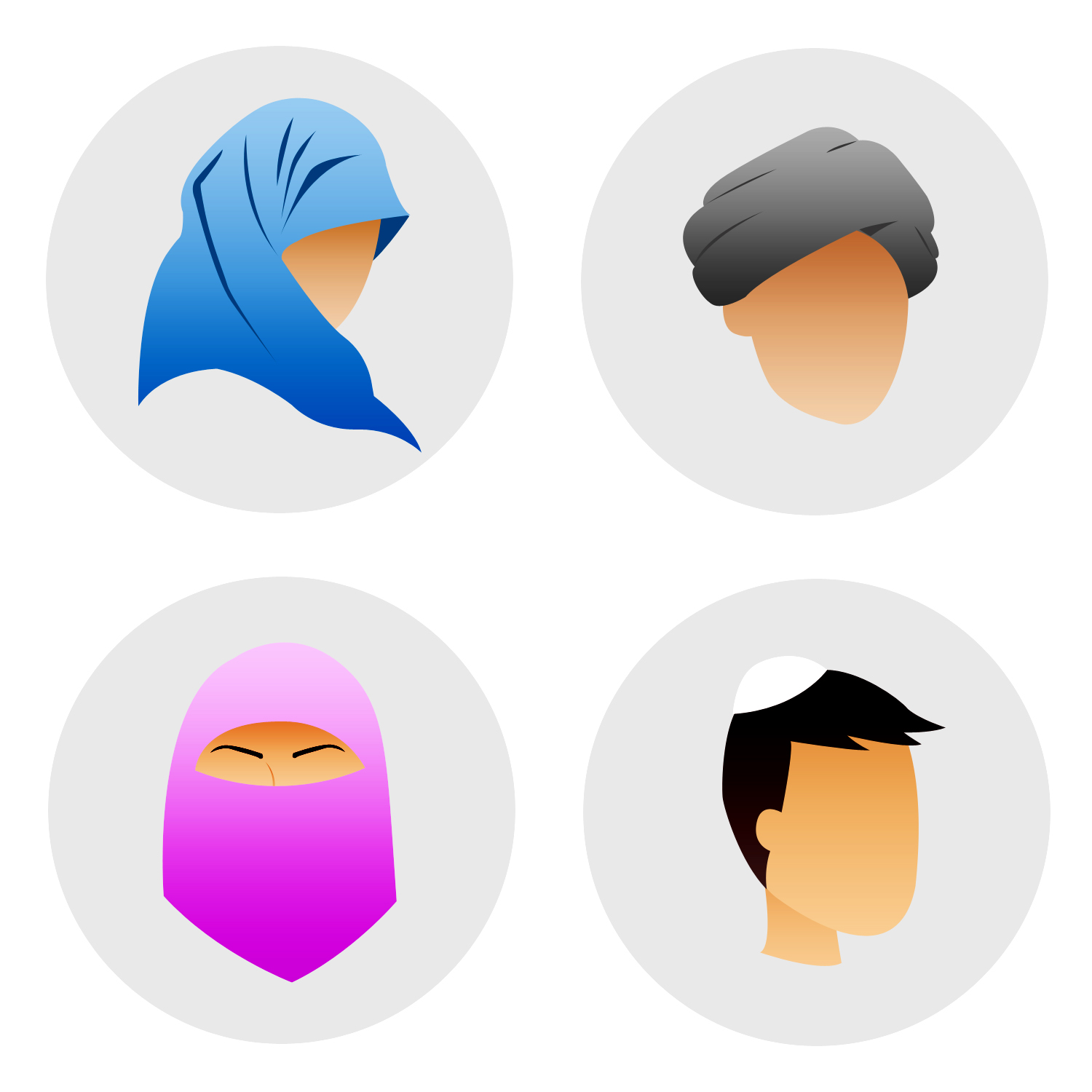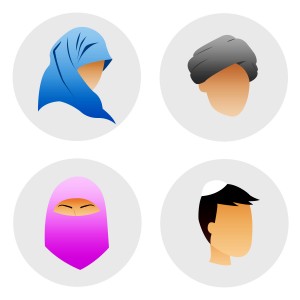Secular charter sparks debate


Pauline Marois’ Parti Québecois (PQ) government has proposed a highly controversial Charter of Values, eliciting backlash across both the province and the country as a whole. The PQ, in their charter of values proposal, is recommending that all public employees be prohibited from wearing overt religious symbols including Muslim veils, turbans, Jewish yarmulkes or large crucifixes.
The PQ claims that the Charter of values would attempt to establish the neutrality of the state and provide clear guidelines on religious accommodations for individuals working within the public sector, including government departments, schools, publicly funded daycares and universities, as well as for police officers and judges.
The proposed charter has triggered public outcry, with thousands taking to the street in protest. Individuals of all faiths gathered in Montreal’s downtown core last week in a march to demonstrate against the charter.
Chantal deSereville, a law student at McGill University, is outraged by the very idea of the legislation.
“Everyone is pretty much on the same page in that they don’t agree with the Charter of Values; everyone is blatantly against it,” deSereville commented. “The reality of this thing is it’s not Christians who are affected by it, it’s minority groups that are being targeted. It’s hard to see how this isn’t blatant racism.”
Brian Tanguay, a professor of political science at Wilfrid Laurier University who specializes in areas of Québec politics, spoke with The Cord about the disputed charter, offering contextual background to the hotly debated issue.
“From an outsider’s perspective it looks to be a solution in search of a problem,” Tanguay said. “It does not appear to the outsider that there has been a huge problem with the integration of immigrants into Québec society; moreover, there isn’t a lot of compelling evidence that the wearing of religious symbols in the workplace has fueled conflict or tension in society, especially in Montreal.”
Québec has had many isolated issues over immigration policies.
Tanguay specifically pointed to one incident in the town of Herouxville in 2007, which he believes has significant relevance to the current charter controversy. A code of conduct was issued in 2007 to immigrants in the rural town of about 1,000 inhabitants.
“It was politicized by someone named Mario Dumont who was the leader of a third party in Québec called the ADQ (Action Démocratique du Québec),” explained Tanguay.
The ADQ garnered exponential support in the provincial election of that year, moving from holding only four seats in the legislature to becoming the Official Opposition with forty-one seats.
“There’s a lot of evidence to suggest that they benefited mostly from Dumont’s somewhat hardline stance on this issue of religious accommodation,” Tanguay continued.
The introduction of the charter appears to be rooted in the PQ’s traditional, nationalist view on the issue of Québec identity.
“One wonders why the charter was introduced right now in the way that it has been and the answer seems to be political. That it is primarily a project to shore up support for a flagging sovereignty movement,” Tanguay said.
If Marois’ minority government loses the confidence of the National Assembly, an election could be triggered sooner rather than later.
“A lot of outside observers believe that the PQ would be perfectly happy not to have these proposals go through and rather they be defeated in the National Assembly on them and move to an election immediately on this issue, and I believe that that is the case,” explained Tanguay.
“More than anything the PQ leadership right now wants to provoke a fight with the rest of Canada. They believe that they have the support of the majority of Francophones in Québec and that they could fight the election on this question.”

